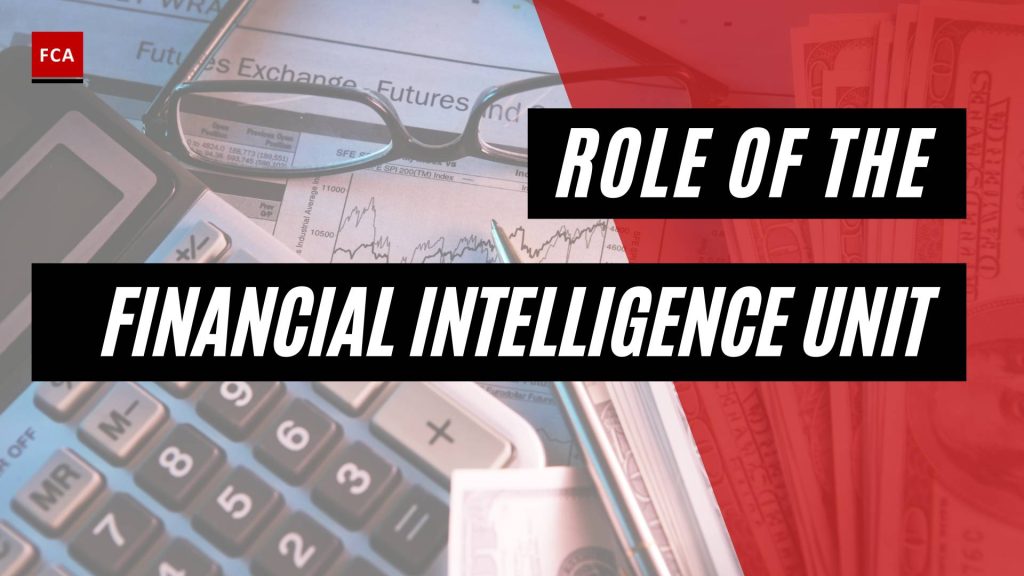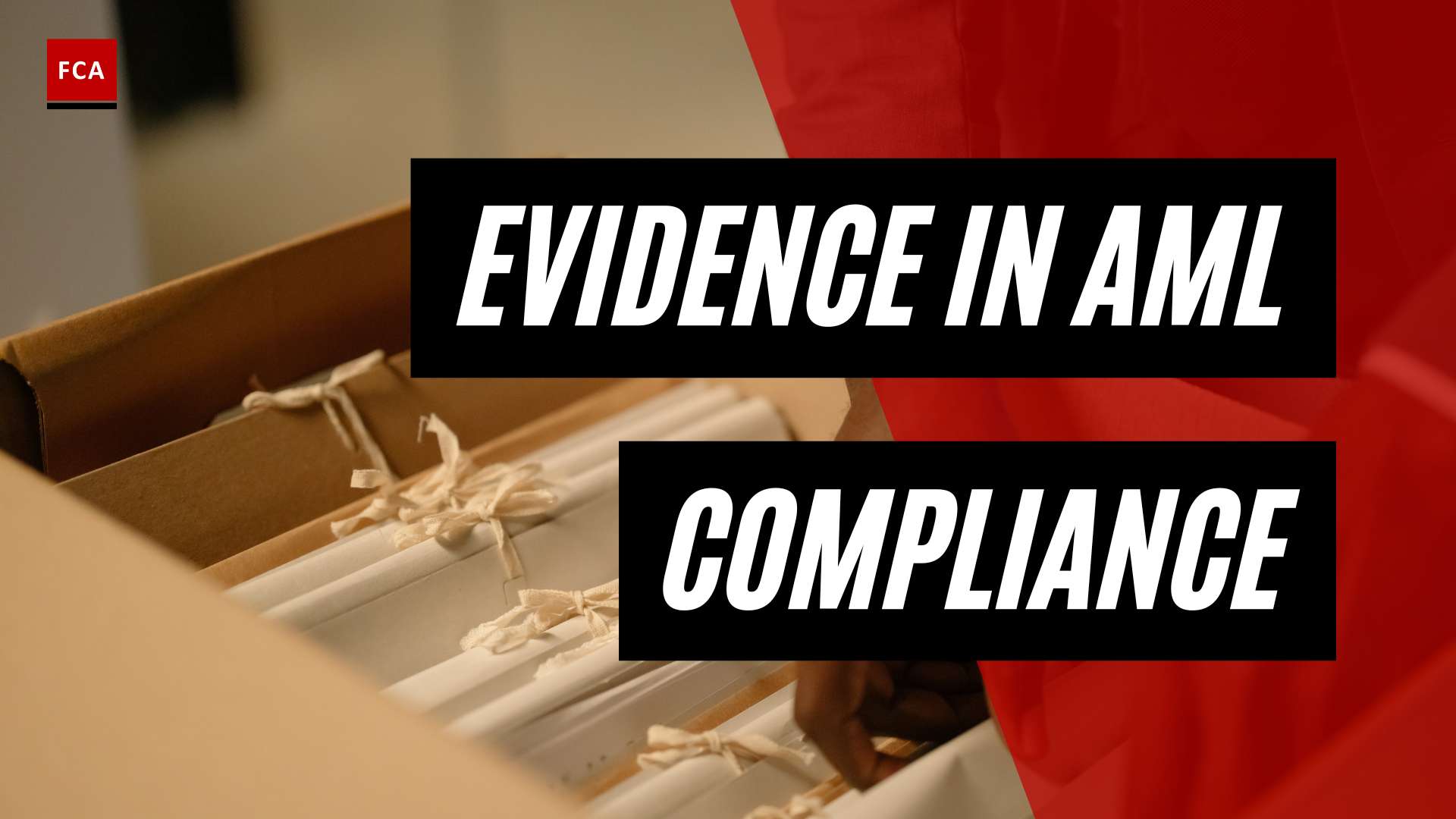The role of the Financial Intelligence Unit (FIU) brings us the Financial Action Task Force, or FATF, Recommendation Number 29. It says that countries should set up an FIU that acts as a national center for getting reports of suspicious transactions and figuring out what they mean. It should also get and figure out other information about money laundering, related crimes, and terrorist financing.
National FIUs collect information on suspicious or unusual financial activity from the financial industry and other entities or professions. FIUs are normally not law enforcement agencies. Their mission is to process and analyze the information they receive. The matter is passed to the public prosecution agencies if sufficient evidence of unlawful activity is found.
So, generally speaking, the FIUs are responsible for investigating the cases filed via a Suspicious Activity Report, or SAR. Typically, the FIU does not investigate directly. They distribute the cases to their respective jurisdictions’ prosecutors, law enforcement, and customs contacts. If the FIU distributes the SARs to law enforcement, why don’t we file SARs directly with law enforcement? The FIU is the center of the anti-money laundering (AML) effort. Since all the SARs are filed with it, it has a full picture of the cases in its jurisdiction. It uses this information to analyze cases and look for new methods and typologies. The publications of your local FIU can be a valuable source for improving your financial crime framework.

How the Role of the Financial Intelligence Unit Works in the EU and the US
The European Union is a union of independent member states. That means no single FIU is receiving all the SARs in Europe. Every member state has its own FIU. Those FIUs work closely together but have the disadvantage of being different bodies in different jurisdictions with different languages.
The Financial Crimes Enforcement Network, or FinCEN, is a bureau of the United States Department of the Treasury and is the FIU for the US. It plays a crucial role in national security efforts by using the financial intelligence of SARs to detect and fight terrorist groups and transnational or organized crime organizations. Your jurisdiction will determine your designated FIU.
Lastly, let’s consider the international level and talk about the Egmont Group, which is officially named in full the Egmont Group of Financial Intelligence Units. The Egmont Group is an informal network of over 160 financial intelligence units worldwide.
The Egmont Group aims to provide a forum for FIUs worldwide to improve cooperation in the fight against money laundering and financing terrorism and to foster the implementation of domestic programs in this field.
Final Thoughts
The Financial Action Task Force (FATF) recommends setting up a national center for getting reports of suspicious transactions and figuring out what they mean. Countries should also get and figure out other information about money laundering, related crimes, and terrorist financing. The FIU is the center of the anti-money laundering (AML) effort. The Financial Crimes Enforcement Network, or FinCEN, is a bureau of the U.S. Department of the Treasury and is the FIU for the US.
It uses the financial intelligence of SARs to detect and fight terrorist groups and transnational or organized crime organizations. Your jurisdiction will determine your designated FIU. FIUs work closely together but have the disadvantage of being different bodies in different jurisdictions with different languages.









